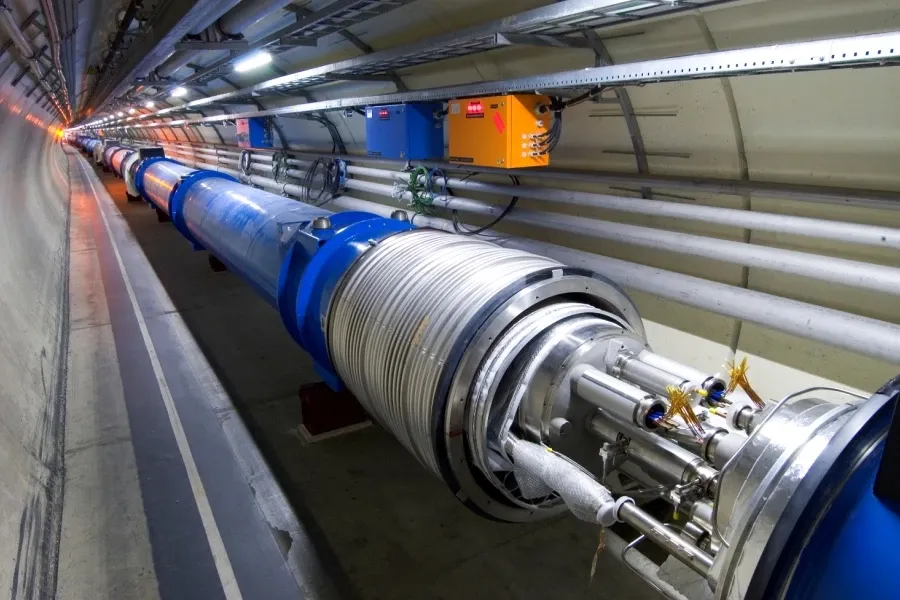Qualcomm Announces Snapdragon 8 Gen 5 Platform
Qualcomm added its latest smartphone platform to its premium-tier Snapdragon range.

CERN, the European nuclear physics research organization, is contemplating the development of a particle accelerator three times larger than the Large Hadron Collider, according to Bloomberg. That move is intended to match growing Chinese ambitions in particle physics.
Fabiola Gianotti, CERN’s director general, said that the organization has begun design studies for a new circular super-collider that would be between 90 to 100 kilometers long. CERN’s Large Hadron Collider, currently the world’s highest energy particle accelerator, measures 27 kilometers.
Chinese scientists would like to build a electron-positron circular collider twice the size of the LHC, which smashes protons together. After building this initial accelerator, China would eventually expand it into an even bigger proton collider. But initial plans to start construction in 2021 suffered a setback when the Chinese government opted not to fund the collider in its 2016 five-year plan.
The effort is controversial. Chinese-born physics Nobel winner Chen Ning Yang, a U.S. citizen, argued last year that China, as a still developing country, could not afford the project, which is expected to cost as much as $6 billion in its initial phase.
Gianotti said she welcomed the Chinese proposals. “I think it is very good to have competition,“ she said. “It is very good to have different regions of the world that are interested in fundamental physics and consider that the outstanding questions today in particle physics are worth building the next generation particle collider.“
But Gianotti noted it was unlikely that both CERN and the Chinese would actually complete construction of their massive projects. “I don’t think the world can afford two such colliders,“ she said, adding it was important to “optimize“ available scientific expertise and financial resources for the sake of advancing science. “There is no point having two similar accelerators,“ she said.
She said that while CERN has begun initial planning for its own massive super-collider, it had not yet produced cost estimates. The growing interest from China could help Gianotti make the case for its 100-kilometer ring or for alternative proposals, such as a high-energy electron and positron accelerator known as the Compact Linear Collider. Gianotti said which project CERN will pursue would be decided in a review of Europe’s particle physics strategy in 2019.
She described the relationship with China as being collaborative as well competitive. Three CERN scientists sit on the international advisory panel for China’s electron-positron accelerator. Gianotti said discussions had taken place about strengthening CERN’s work with China and that she plans to travel to China next year for further talks.